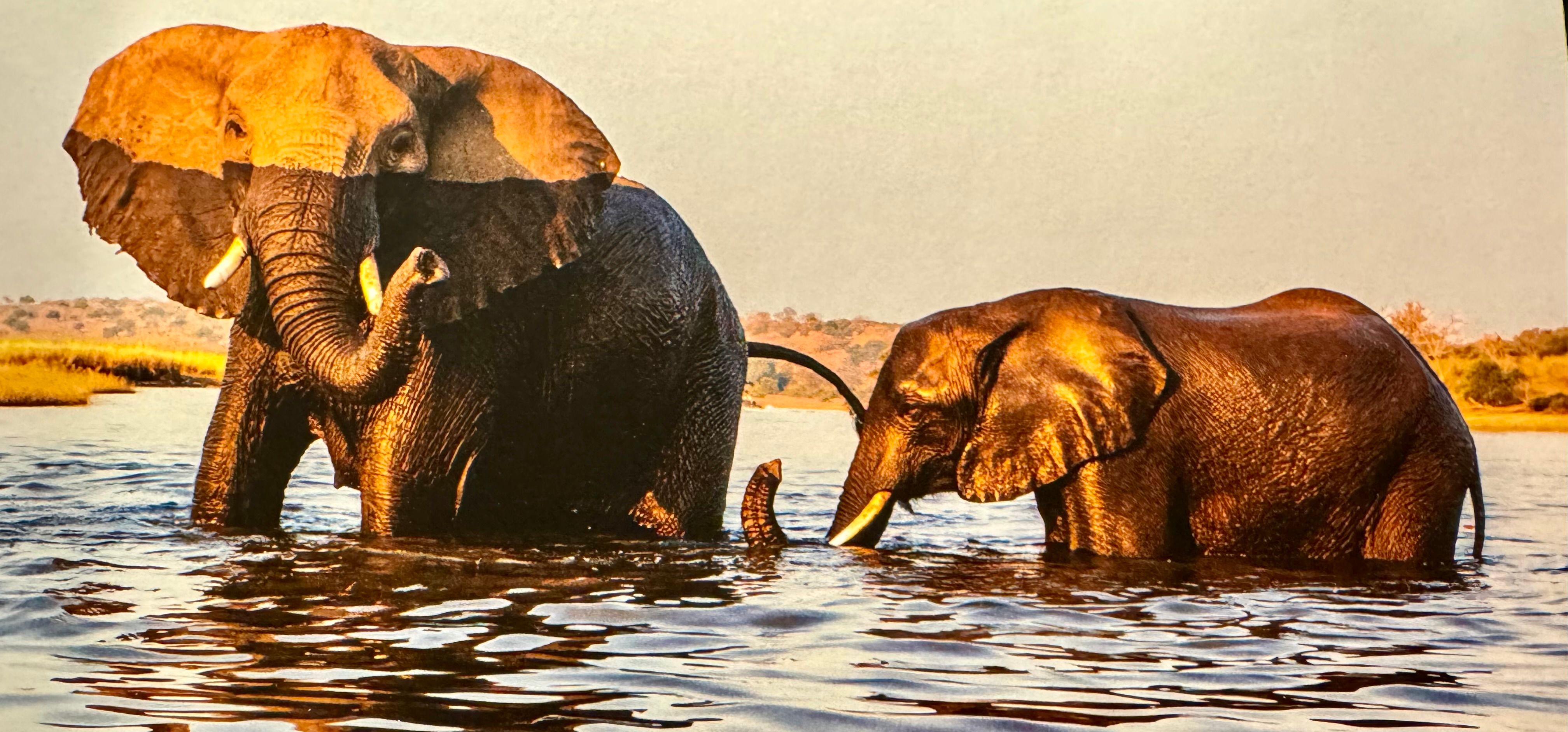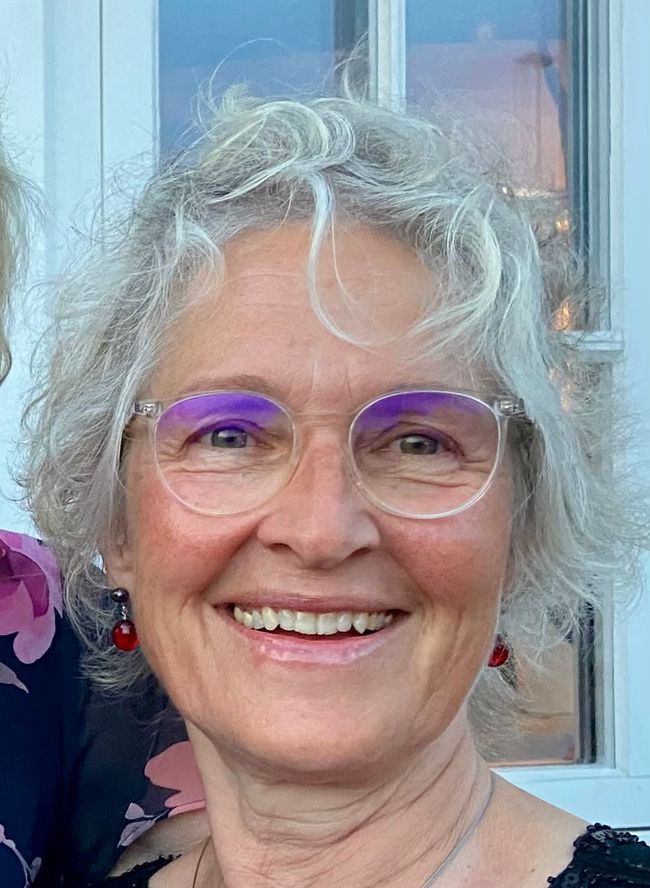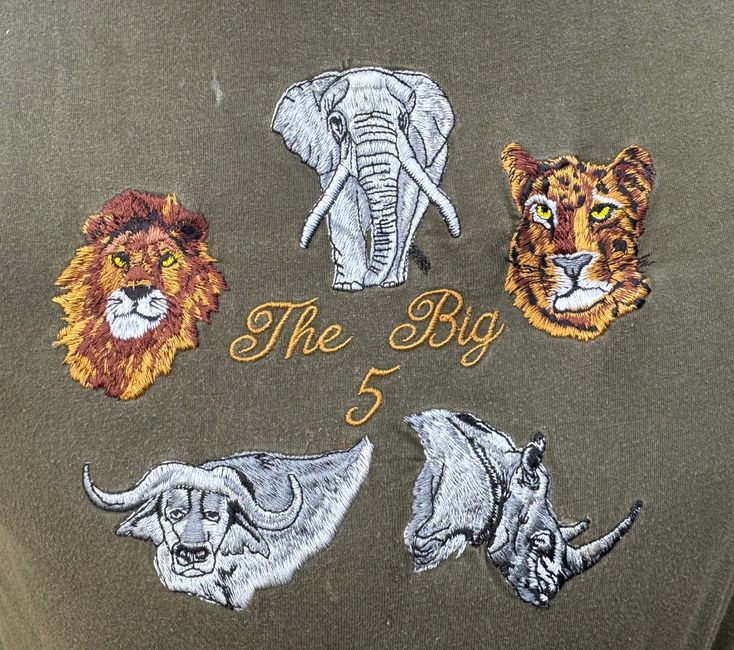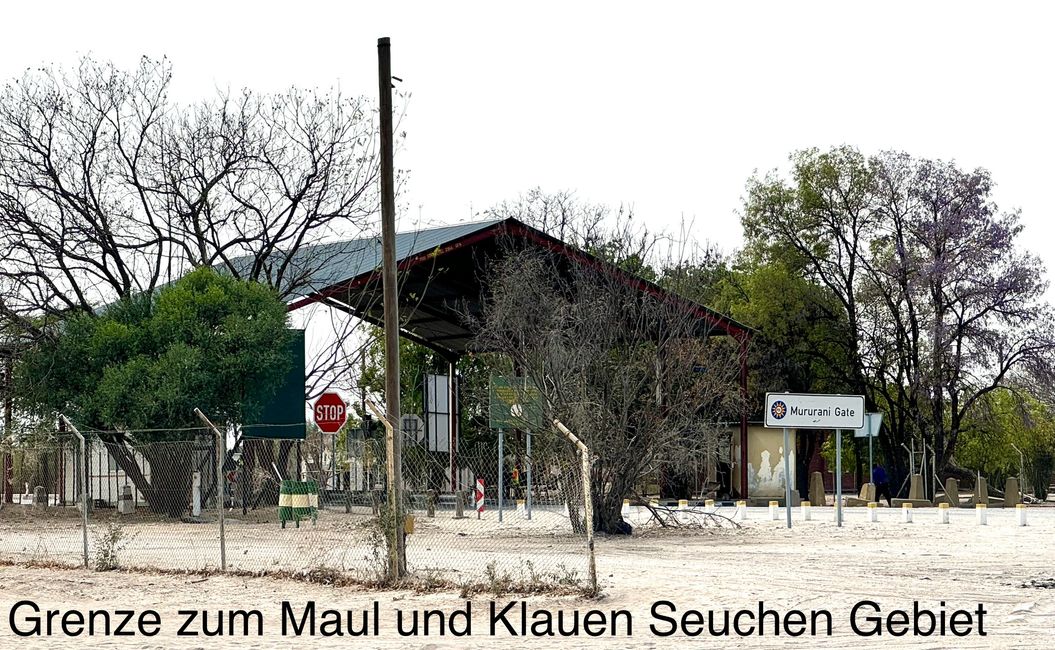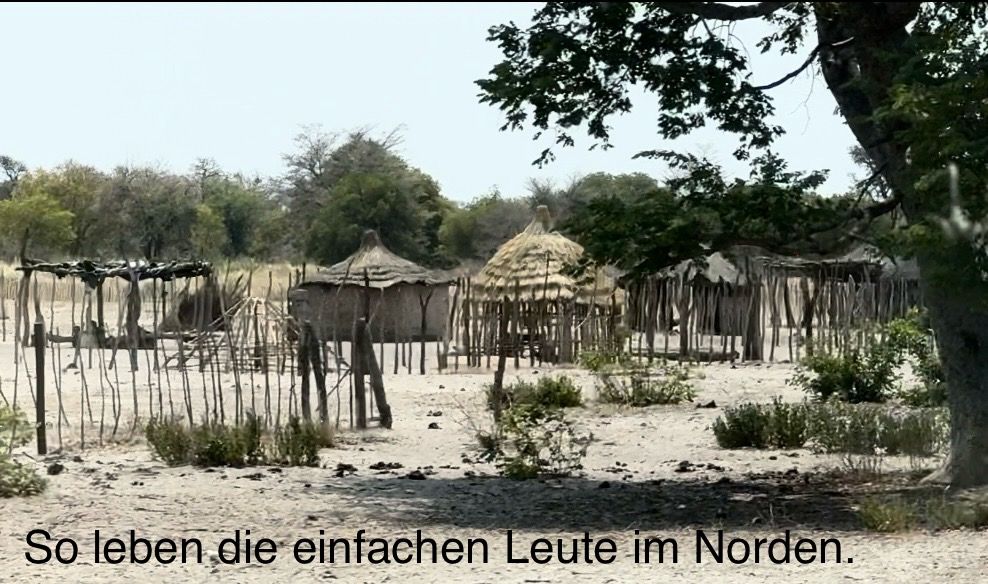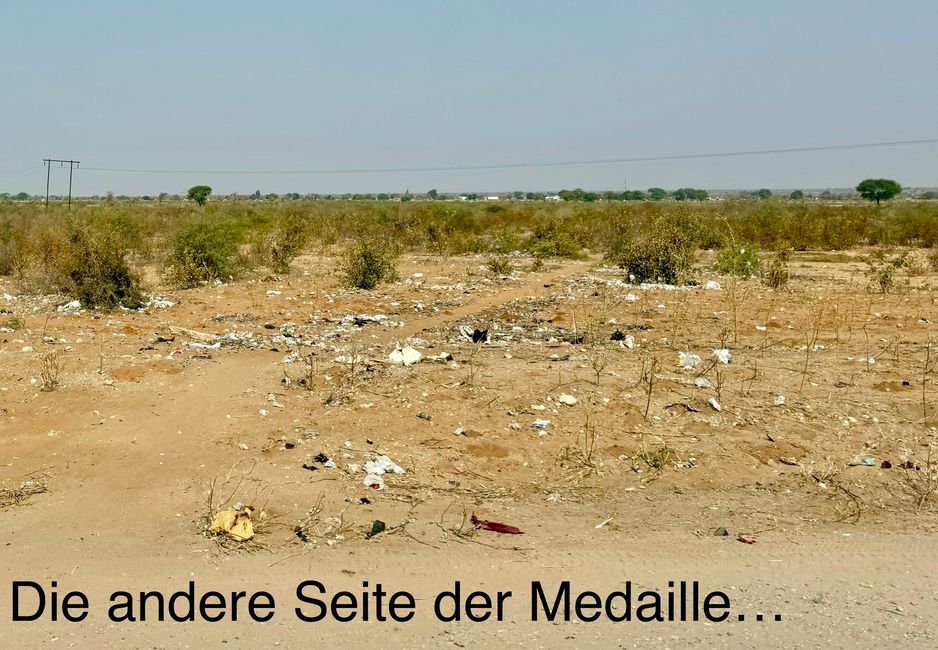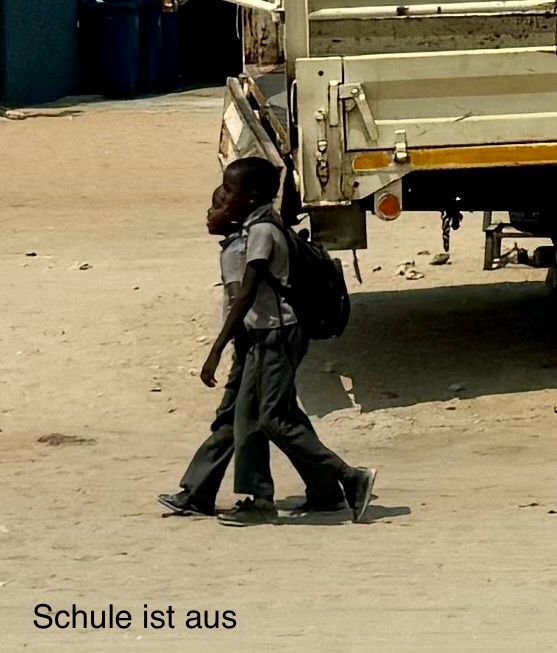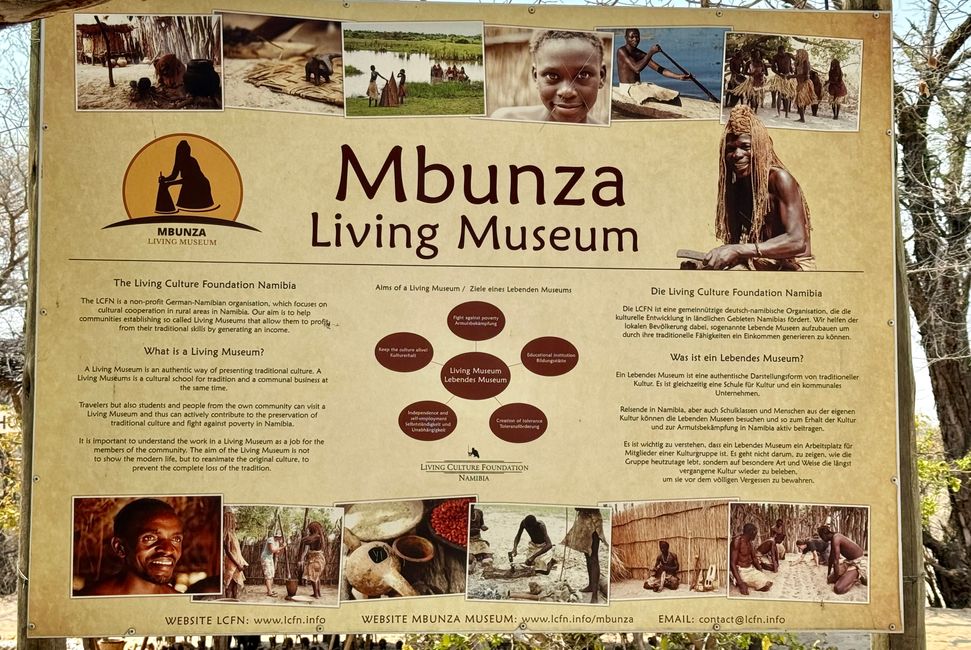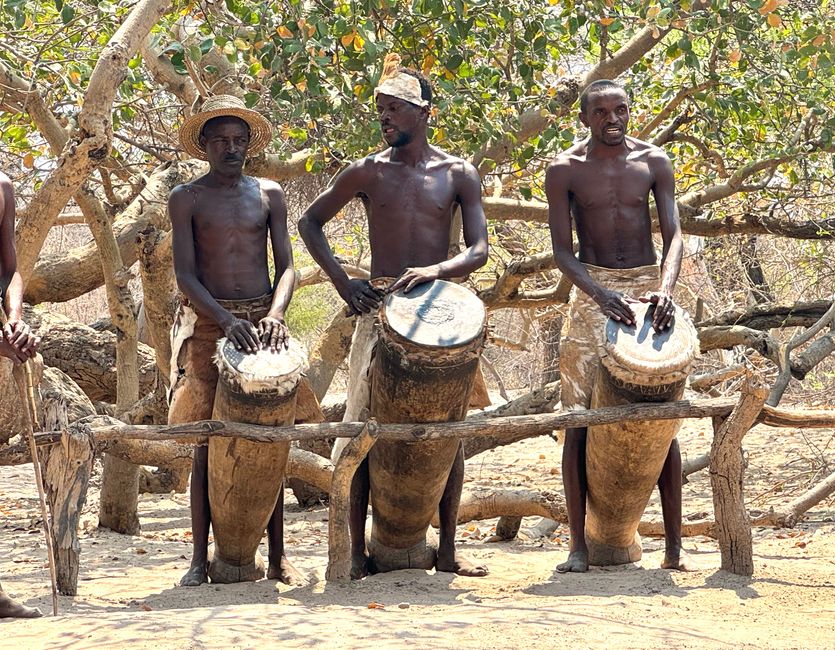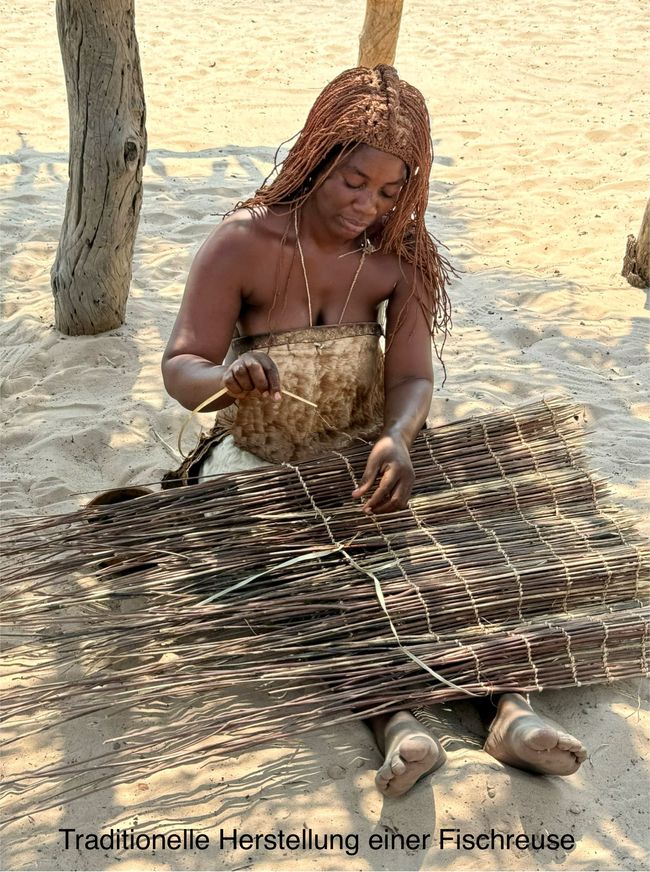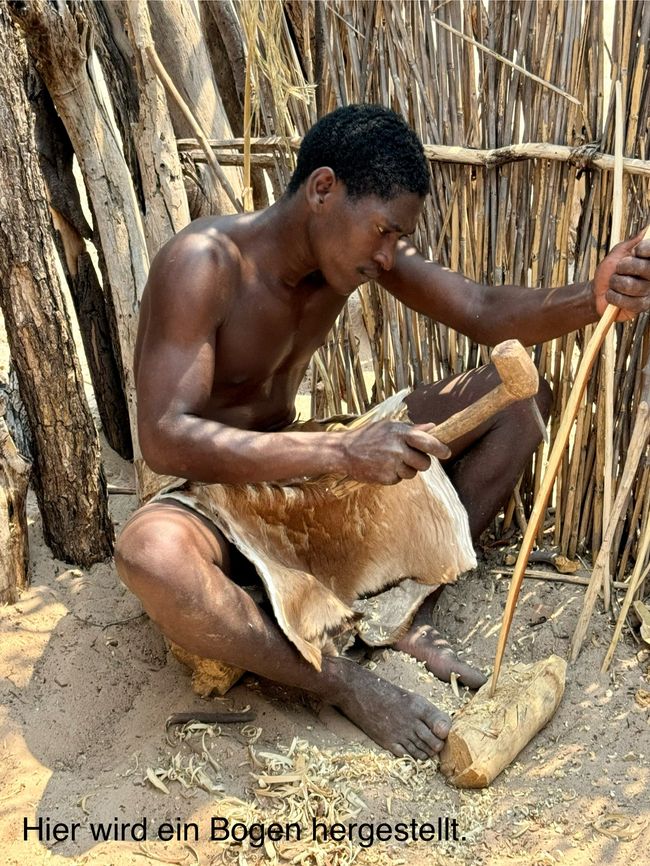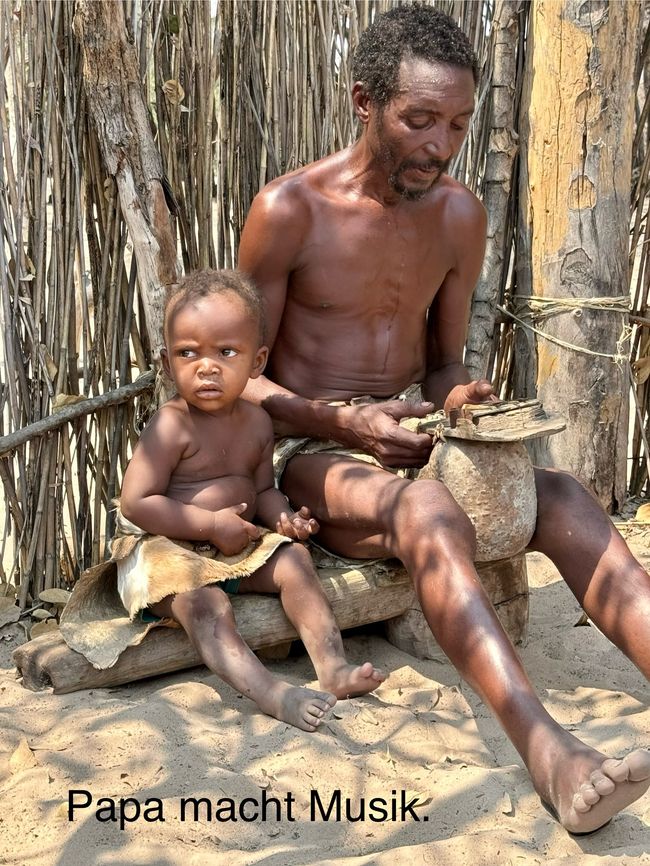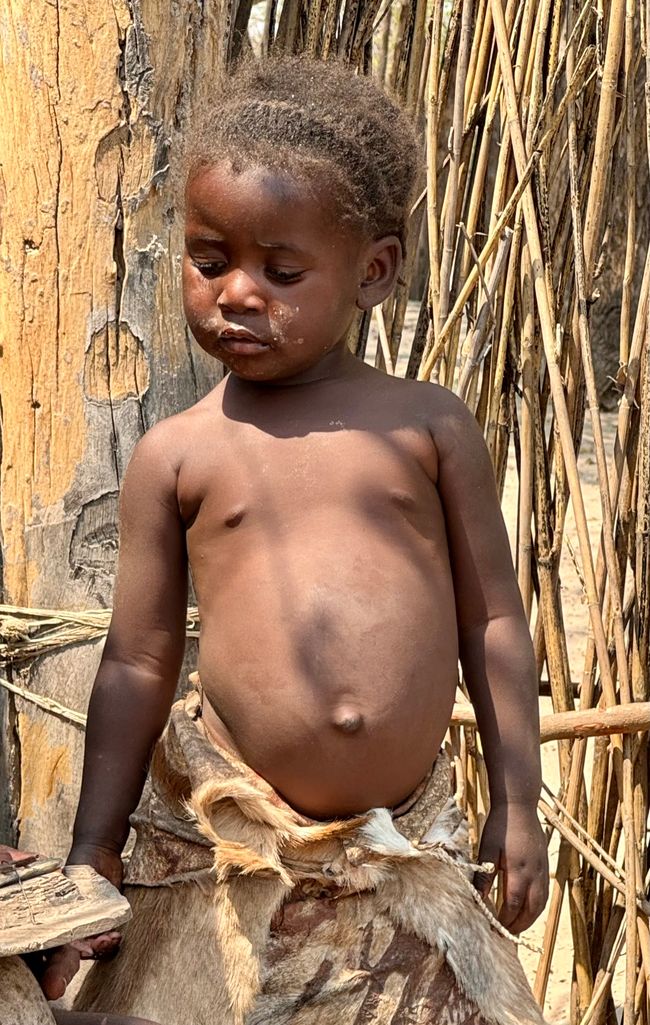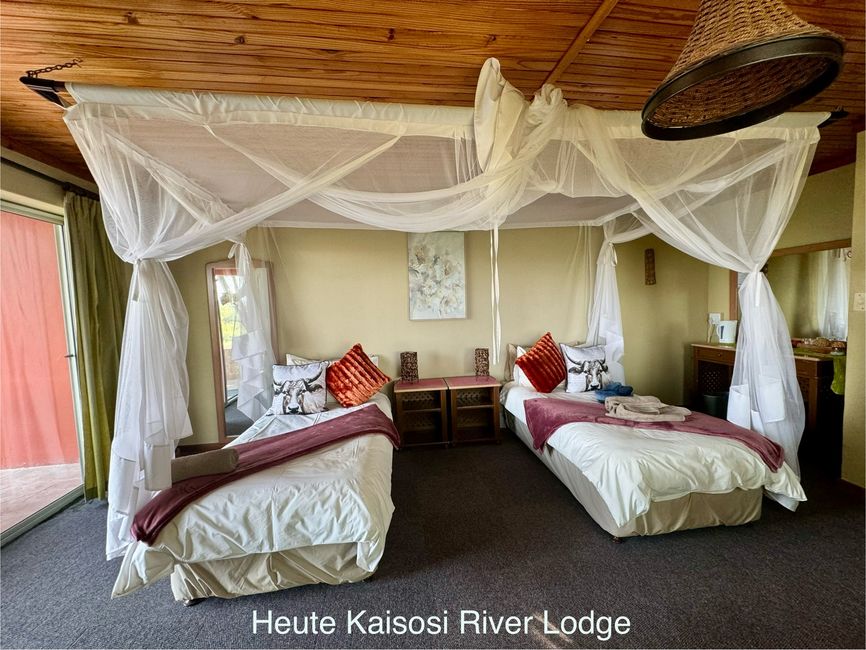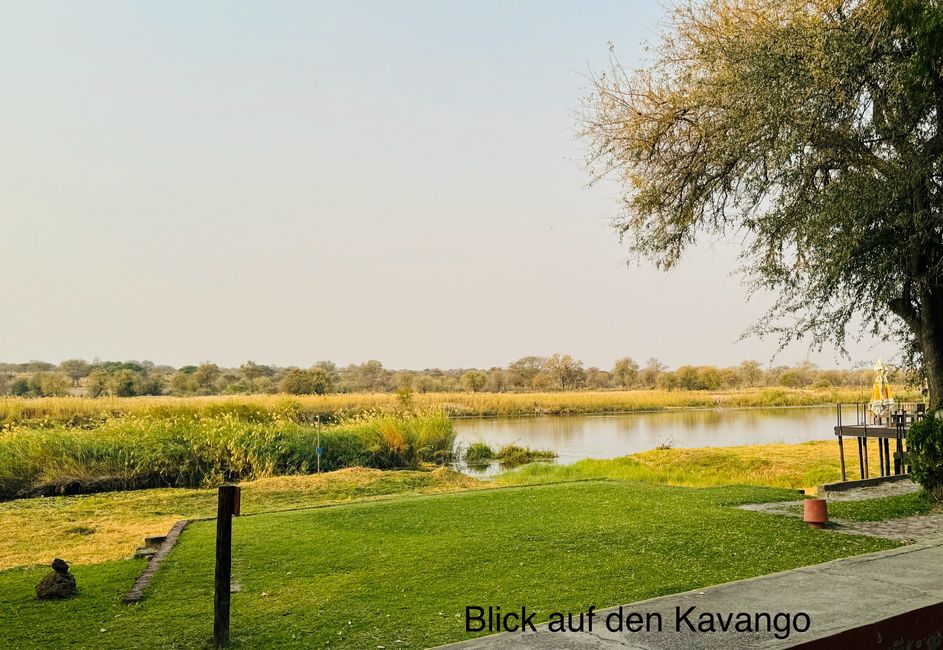Etosha - Goodbye
Publikuar: 17.09.2024
Regjistrohu në buletinin
Today we are leaving the Etosha National Park.
We have already seen three of the Big Five there.
450 km lie ahead of us towards Rundu.
We will pass through the Mururani Gate, the border to the foot-and-mouth disease area. It is only here that we will see the Cape buffalo, as it is a carrier of this virus.
The further north we travel, the poorer the population becomes in the rural areas; in some places, there is neither water nor electricity in the dwellings.
The land is in the hands of the tribes, and the tribal head decides whether and where someone can receive land.
People who do not belong to the tribe can only lease the land.
The piece of land is to be viewed as a house, and the huts built on it are the individual rooms. Whole families, up to 15 people, inhabit a piece of land.
It is striking how much more litter there is in the landscape.
Before we reach Rundu, the second largest city in Namibia, we will make a detour to the Mbunza Living Museum, which provides insight into pre-colonial ways of life and aims to preserve traditional culture.
We will witness how, for example, sleeping mats and baskets are woven, fish traps and jewelry are made, and iron is forged.
Aside anecdote: Every eligible man must be able to weave a sleeping mat. If he cannot do that, he will be sent back by the mother-in-law.
The museum relies on income, and in the Craft Shop, carved goods, baskets, and jewelry are offered.
A tip at the end of the visit is appreciated.
After a long drive, we arrive at the Kaisosi River Lodge.
Regjistrohu në buletinin
Përgjigju
